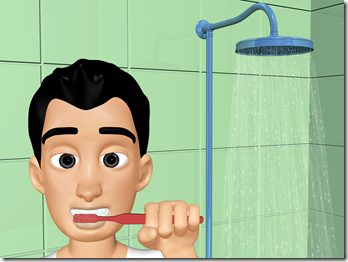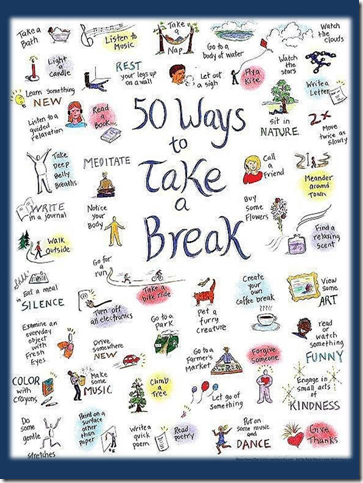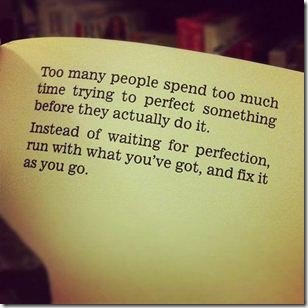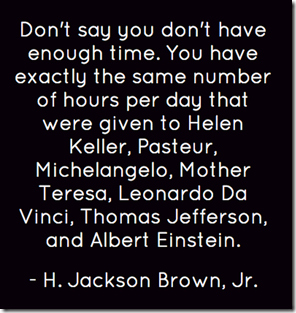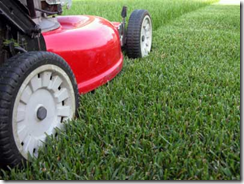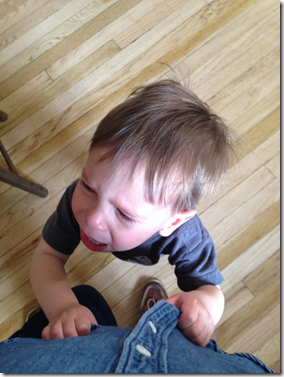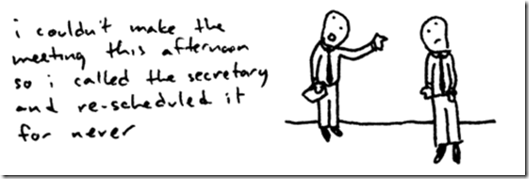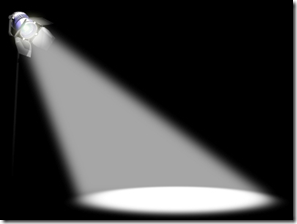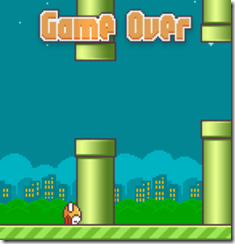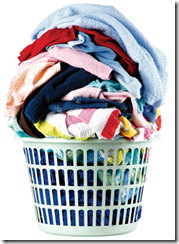I am not talented. I am only tenacious.
/Every month for the last five years, I have been posting my yearly goals and the progress (or lack thereof) that I have made. It's been an outstanding way of holding myself accountable to the goals set at the beginning of each year and has served as an excellent source of motivation for me as well.
Oddly enough, these posts - which were originally written with only myself in mind - have become some of the most popular things that I write on this blog. Readers follow my progress religiously, and I receive more emails and comments from regarding these posts than almost any other.
Readers offer my encouragement. Sometimes offer to assist in the completion of a goal. They express disbelief in the amount of things I manage to accomplish in a month or a year. They claim to find great inspiration in my progress.
I cherish these unexpected words of support and encouragement from people who I've never met.
But I want to be exceptionally clear:
Any of the success that I've had has come through hard work and intense focus. If I am talented, my talent is marginal at best. I work hard. My mind is active at all times. I remain focused on the things I want to accomplish.
In reading the emails that I receive, I sometimes worry that people think that I'm different or special or gifted or am blessed with greater energy than most. None of this is the case. The only gifts that I possess are tenacity and drive, and these are available to anyone who wants them. Anyone willing to work hard. Anyone willing to relentlessly pursue their goals.
There are many ways that I manage to achieve my goals. None of them are especially insightful or even original. But when applied with rigor and consistency, they work. You can read about some of my productivity tips on this blog, but a few big ones:
- I watch very little television.
- I create routines, habits, and systems in my life that allow me to maximize my time.
- I'm hyper organized, which increases my productivity substantially.
- I'm a non-materialistic minimalist, and as such, things (or the need for things) do not get in my way.
- I exercise daily, which increases my energy level and allows me to work better and longer.
- I love what I do. I have chosen work that I am deeply passionate about.
- I enjoy the support of a remarkable wife and a group of incredibly accomplished friends.
With the exception of the last bullet, we are all capable of making these things happen in our lives today. None of them are exactly groundbreaking. None of them haven't been said before.
I say all this because I don't want anyone to read these posts on my yearly progress and think that I am special or talented or gifted. I am none of these things. I am simply determined as hell to achieve my goals.
Anyone could realize the same level of success as me. A great many people accomplish goals much greater than mine.
Please don't ever think that success is beyond your capability. My belief in the capacity of human beings is immense. If I can do it, anyone can do it, and it can probably be done better.





